Hello everyone!!!
I know that you are interested in the best skin care ingredients and I am getting more and more questions about snake venom, snail slime, retinol, stem cells, and … peptides. What are these tiny particles and what effects they have on the skin? Should we use products with peptides, and if so, why?
Peptides are tiny organic chemical particles that are made of short protein chains (amino acids). They are created during the synthesis of proteins, and today they can be obtained synthetically. Peptides in this form are used in the pharmaceutical and cosmetics industries. Before the “era of synthetic peptides”, plant proteins (maize, soybean, wheat) or proteins that imitate the physiological ones (collagen and elastin) were incorporated into cosmetics. Unfortunately, they did not have such “marvellous” properties as synthetic peptides, because their effect was somewhat limited to protecting the upper layers of the skin. They were unable to get deeper due to their construction. Synthetic peptides have such power: they are tiny and easily penetrate the skin barrier and reach the muscle fibril in the skin. There, they force them to work and relax and take care of them, which protects against the appearance of wrinkles. Peptides are valued because they easily get through the skin barrier and act as a kind of messenger who ensures that the cells in the skin know well what to do to prolong youth and skin’s great shape.
EXAMPLE:
One of the oldest known peptides, called matrixyl “reprimands” skin cells, so that they do not laze around 🙂 instead, it encourages them to take on the production of collagen and elastin. This tiny “coach” forces them to work constantly and makes them do their best to keep your skin still beautiful, firm and young.
Neuropeptides are synthetic compounds of bioactive amino acids, which are welcomed with enthusiasm: they are to replace botox injections and perfectly smooth wrinkles.
The most important peptide features in cosmetics are:
- smoothing wrinkles, reducing their visibility,
- peptides encourage collagen production – the proteins are responsible for skin firmness and elasticity,
- increasing skin regenerating abilities,
- improving face shape,
- stimulating natural processes occurring in the skin,
- regeneration and improvement of skin defects, brightening discolouration,
- peptides improve the production of hyaluronic acid which is priceless in the fight to preserve skin’s youth
- not many people are aware of the fact that peptides take care of the hair and nails as well.
Peptide-based cosmetics – for whom?
Who can use face creams with peptides? Are they suitable for a teenager? The answer is not unambiguous because the peptides do not harm and do not sensitize, they are natural and safe, only that when it comes to the young, firm and efficiently “functioning” face of teenagers, there is nothing to improve, in other words, they will feel like in a very boring party 🙂
The peptides will feel very important and extremely needed for mature skin that requires proper care and support. The peptides will take care of it, affecting the cells by stimulating them to work. All those who notice facial wrinkles or loss of skin density should reach for cosmetics in which peptide content.
Cosmetics with peptides – which ones to choose and which are the best?
For the peptides to work effectively, you must stick to certain guidelines. Here they are:
- buy cosmetics only with the high percentage of peptide concentration, trace amounts simply won’t work
- if you are allergic to retinol or hydroxylic acids, go for creams with peptides and other safe substances and remember that peptides cannot be combined with exfoliating acids
- you have bought a peptide-based cream but now, you are worried that it won’t work? Relax, they need a bit of time before you notice improvements in your skin’s condition. It takes about 6 – 12 weeks for the cream to start bringing satisfactory results. Also, it is very important to match the type of peptides to the needs of your skin:
Signal peptide – they reduce wrinkles and accelerate the healing of the skin, soothe irritations
Transporting peptides penetrate into the deepest layers of the skin and simultaneously take active ingredients with them.
Neuropeptides – those most important ones for women: they “compress” wrinkles by relaxing the muscles. They are perfect for mouth, forehead and eye area care.
When applying face creams with peptides, it is worth knowing remembering one more thing: they are not resistant to bacteria, therefore products with peptides are often supplemented with (not very beneficial to the skin) parabens.
Do you like face creams with peptides? How do they work on your skin? Do you have any favourite creams with peptides? Let me know, leave a comment 🙂

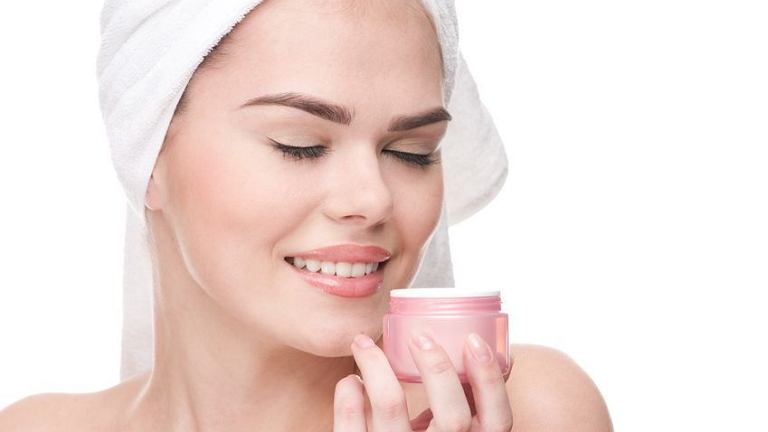

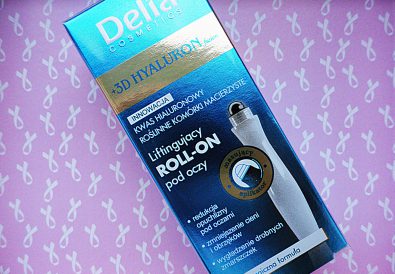



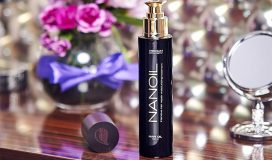


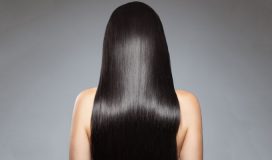

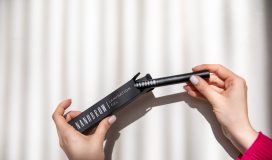

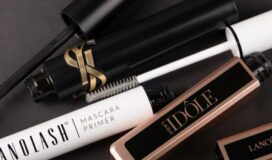

Leave a Reply